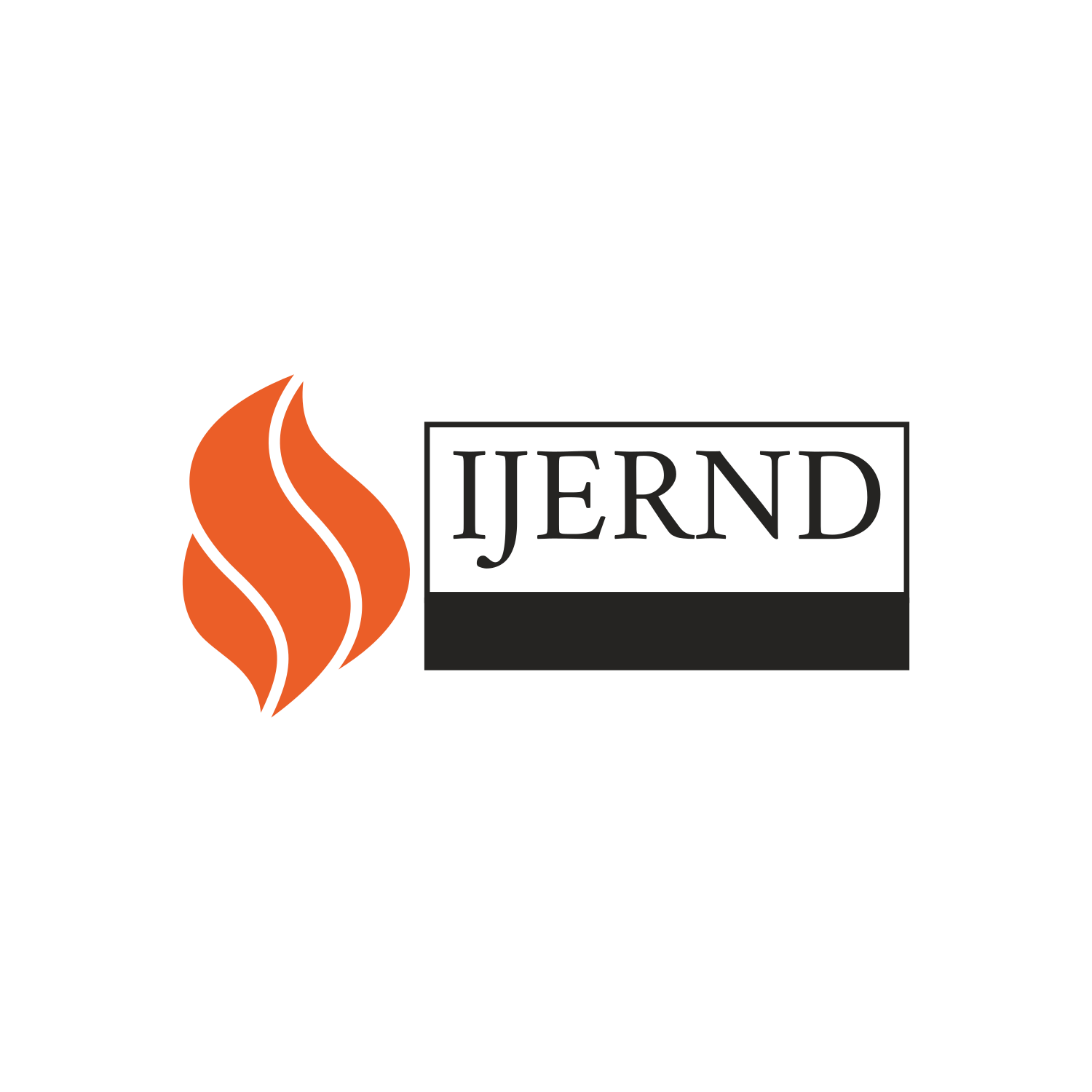Cryptography beyond Quantum threats
DOI:
https://doi.org/10.1234/q3dew972Keywords:
Cryptography beyond Quantum threats, Machine learningAbstract
Quantum computers threaten many widely used public-key cryptosystems (RSA, ECC) by enabling Shor-style algorithms that efficiently solve integer factorization and discrete logarithms. Post-Quantum Cryptography (PQC) replaces vulnerable number-theory primitives with schemes based on problems believed hard for both classical and quantum adversaries (lattices, codes, hash-based, multivariate systems). This paper surveys the current PQC landscape, highlights the leading algorithms recommended for standardization, evaluates their performance and security trade-offs, and presents a practical methodology for adopting PQC (hybridization, crypto-agility, benchmarking and TLS integration). We report recent implementation and benchmark findings showing lattice-based schemes (e.g., CRYSTALS-Kyber for key-encapsulation, CRYSTALS-Dilithium/FALCON for signatures) provide strong security with practical performance for many real-world scenarios, while some alternative families (isogeny-based SIKE) were broken and illustrate the need for conservative migration strategies. Finally, we give deployment recommendations (hybrid KEMs in TLS, phased rollout, crypto-inventory) and an agenda for future research (parameter selection, side-channel resistance, efficient signatures).
Index Terms
Post-Quantum Cryptography (PQC), Quantum-Resistant Cryptography, Lattice-Based Cryptography, Learning with Errors (LWE), CRYSTALS-Kyber (Key Encapsulation Mechanism), CRYSTALS-Dilithium (Digital Signatures), FALCON Signatures, SPHINCS+ (Hash-Based Signatures), Code-Based Cryptography (McEliece), Multivariate Polynomial Cryptography, Isogeny-Based Cryptography (SIKE, CSIDH), Hybrid Key Exchange Protocols, TLS 1.3 and PQC Integration, Crypto-Agility, Side-Channel Attack Resistance, Secure Public Key Infrastructure (PKI), Long-Term Confidentiality, Harvest-Now-Decrypt-Later Attacks, Quantum Threat Models, Standardization (NIST PQC Project).






